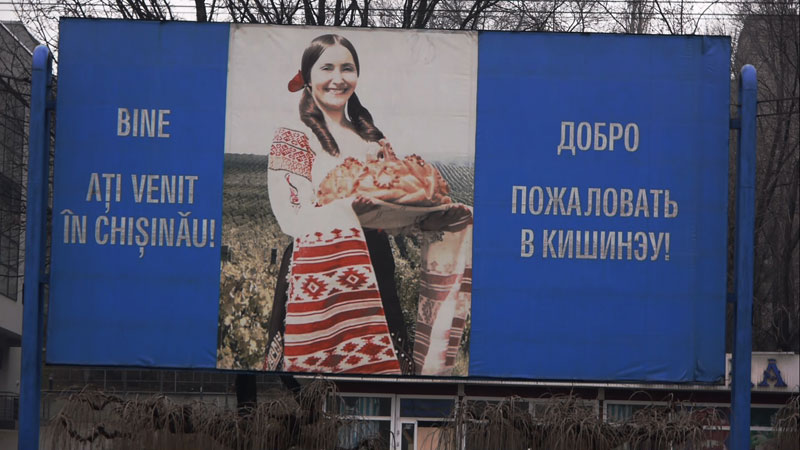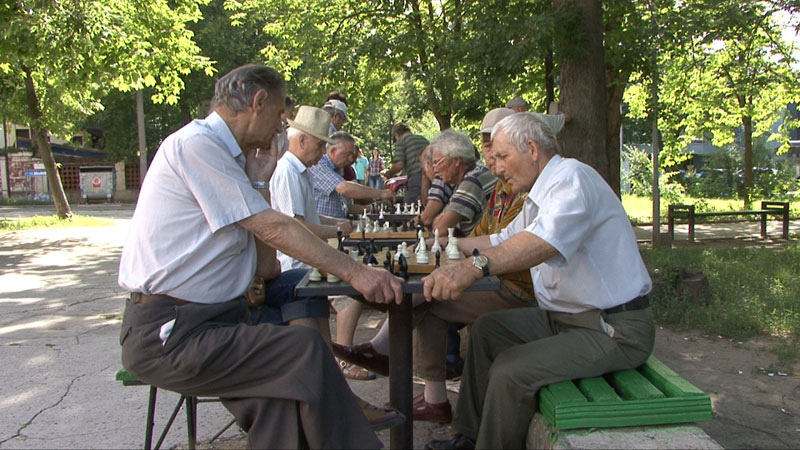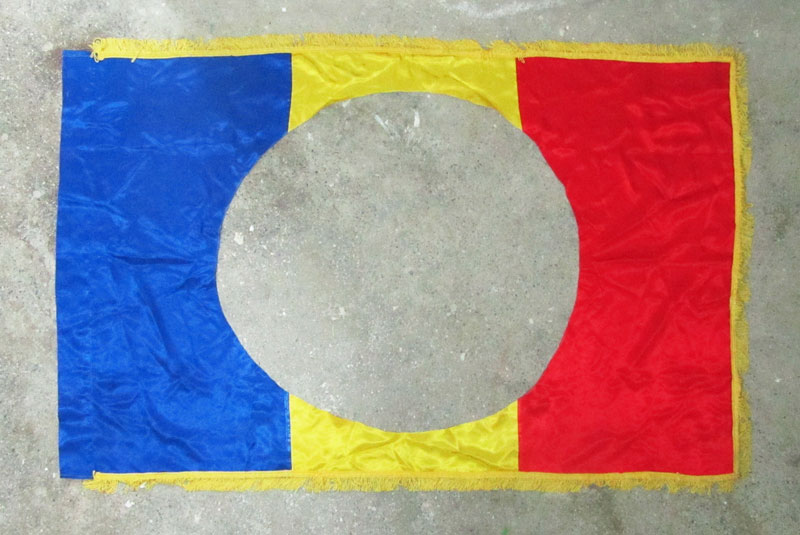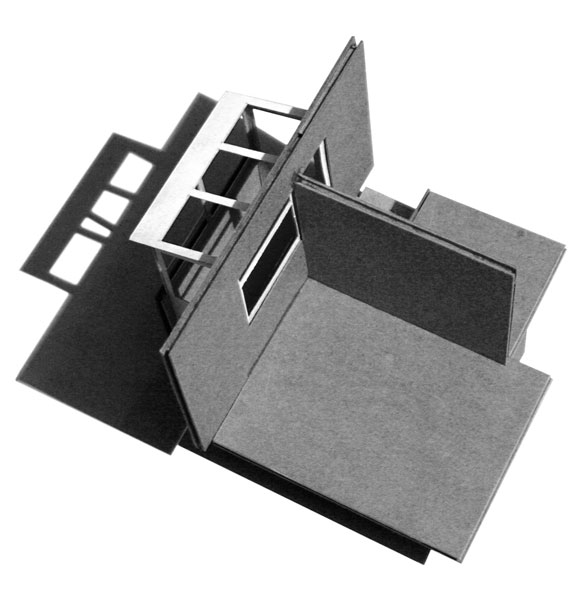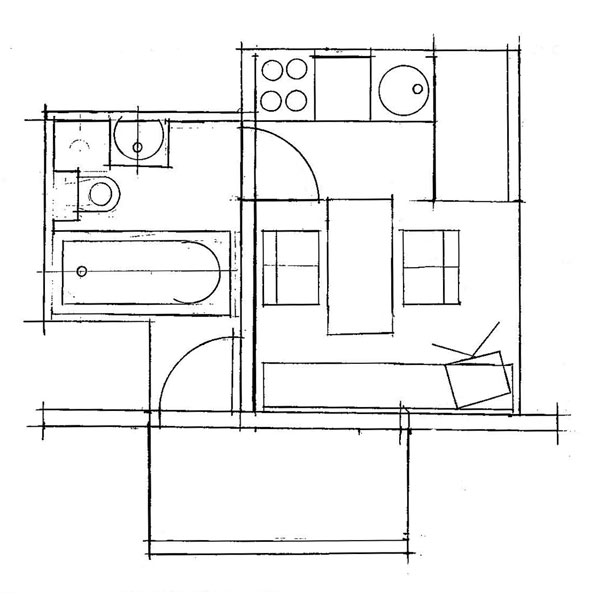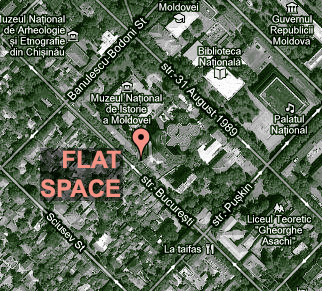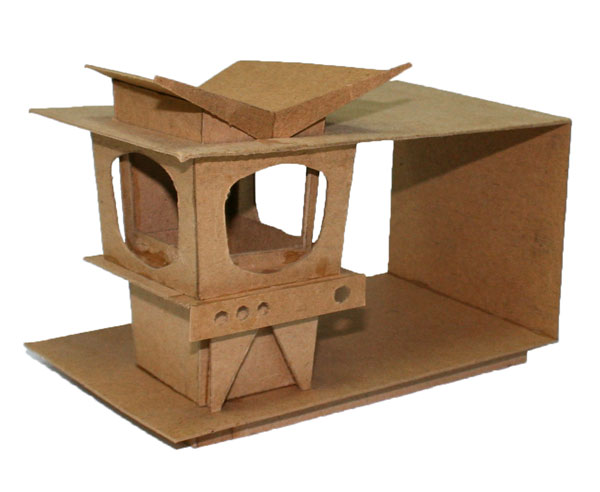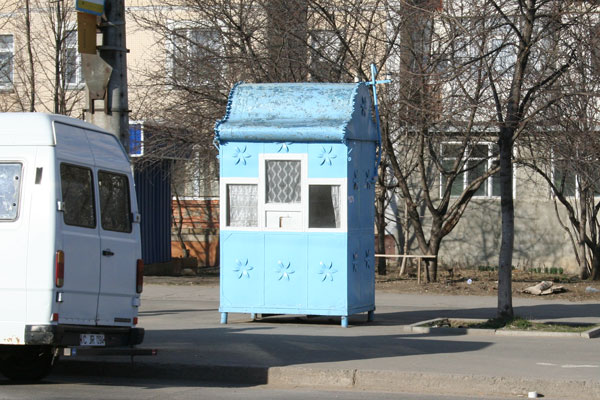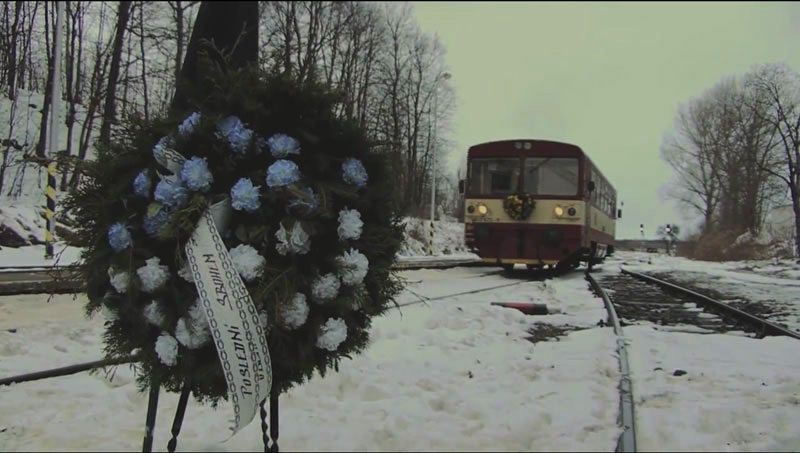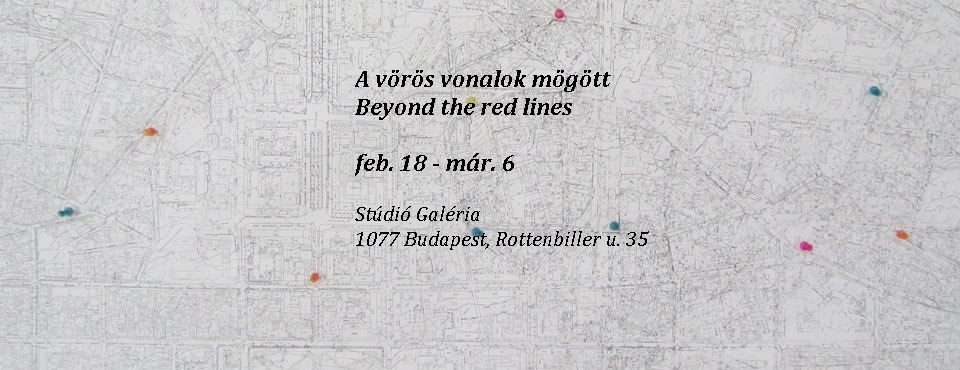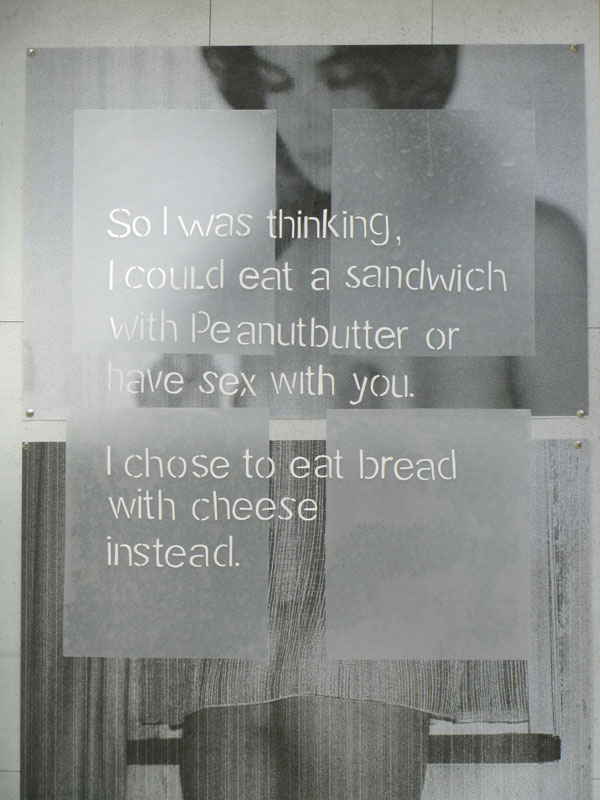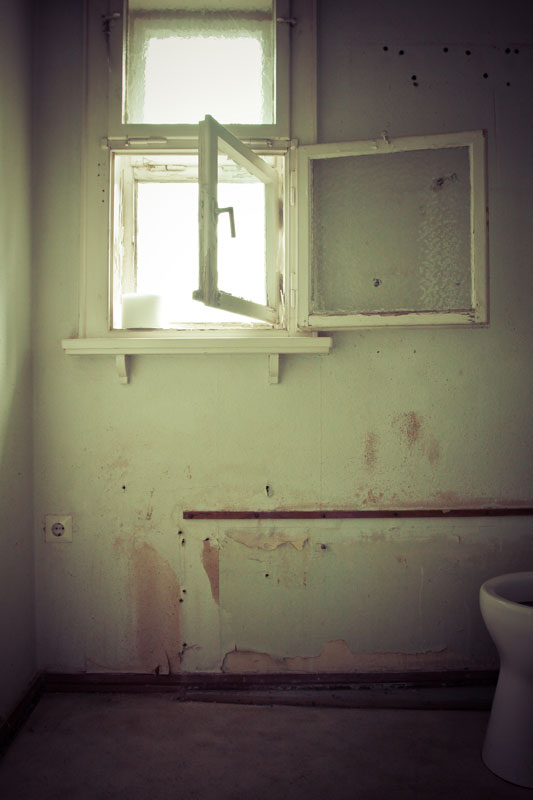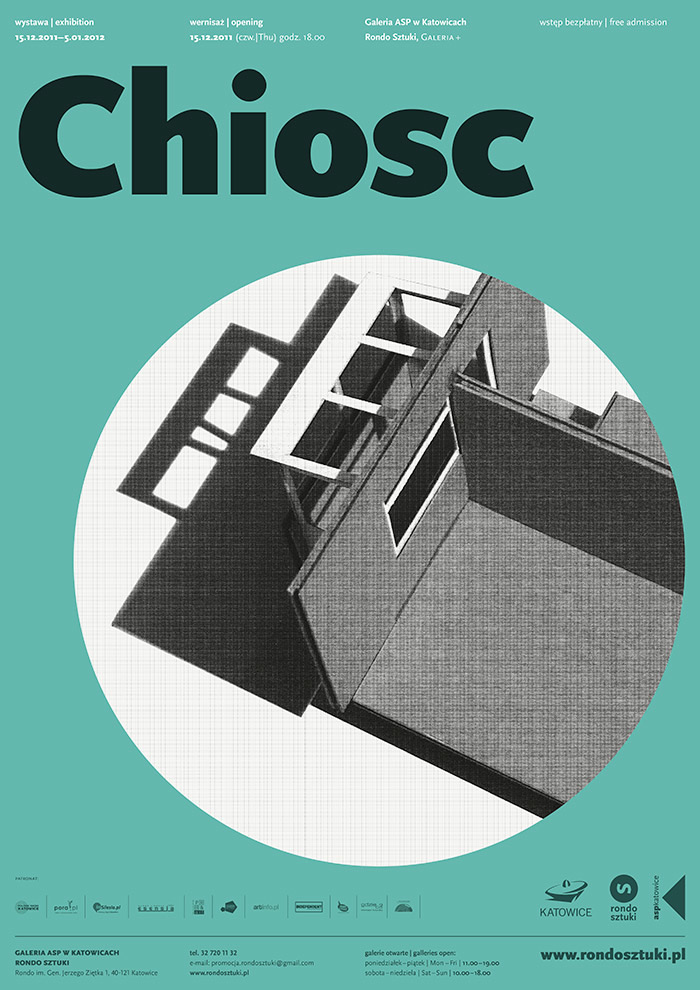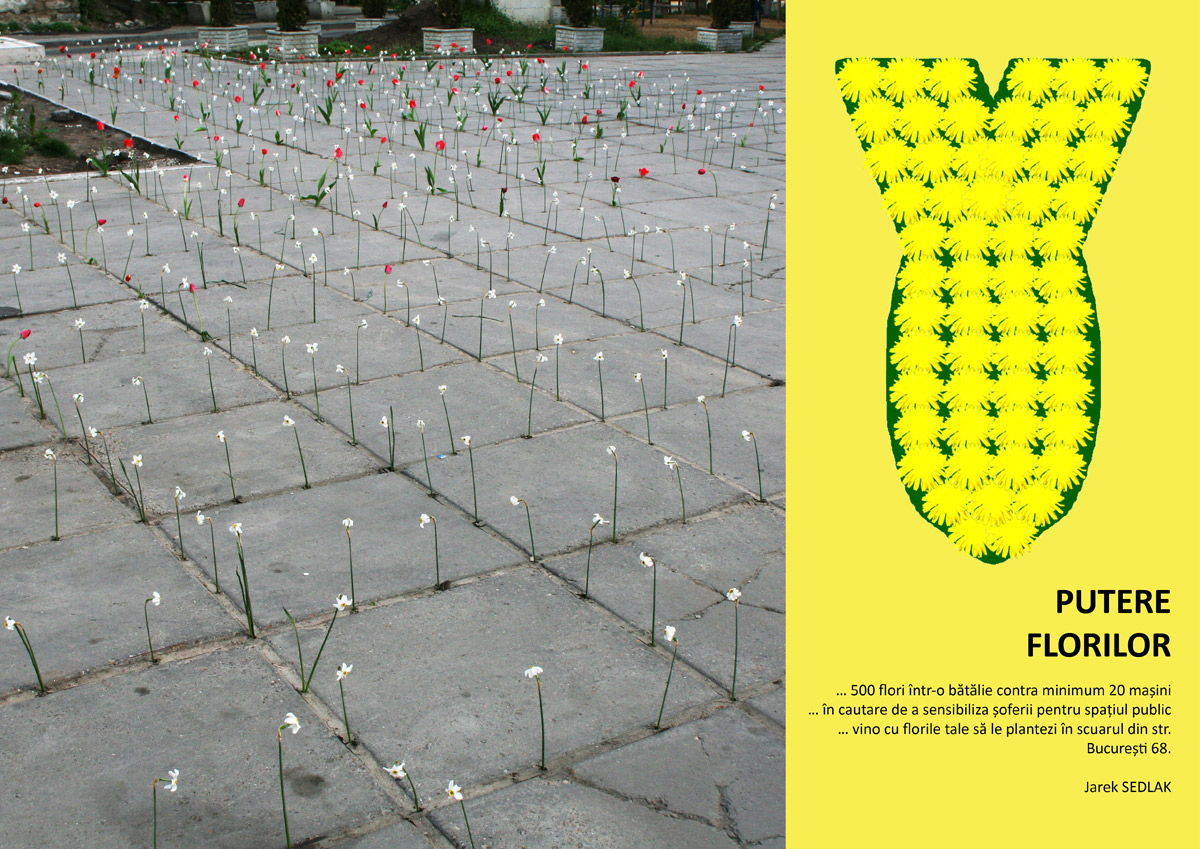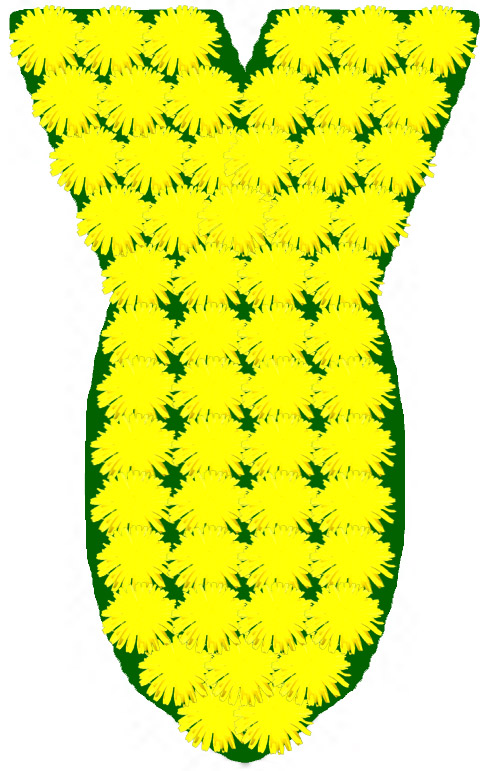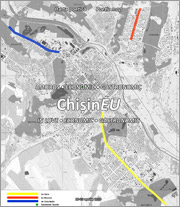Proiecție de filme documentare / documentary film screening de/by Christopher Schoen, Pierre-Olivier Gaumin și/and Paula Durinova
- – – scroll down for English version – – -
RO
– – – – -
APARTAMENT DESCHIS – proiectie de filme documentare de scurt metraj
str. București 68/1, Chișinău
Marți, 7 august 2012, ora 21:00
întrare liberă
harta
Caseta mea moldoveneasca
dir: Christopher Schoen
Totul a început cu o întîmplare într-o gară feroviară germană. Falit financiar, autorul Cristopher Schoen, in 2006, în loc să-şi ia un sandwich, şi-a cumpărat o cărticică galbenă, pe ultimul euro pe care l-a găsit în buzunar. Cartea avea numele “Moldova”, scrisă de Timo Berger! Ani mai tîrziu, după ce va fi uitat această carte, drumurile lui îl vor duce acolo.
Filmul “My moldovan home tape” este un eseu cinematic nenarativ care nu tinde să formuleze adevărul reflectat în fotografii și în intîmplările din realitate. Nu confirmă importanța dimensiunii vizuale a filmului și fotografiei. Dar accentuează posibilitățile gesturilor cinematice, imperfecte, în loc să exprime adevărul imposibil. Filmul vrea să arate ceea ce se vede dincolo de spațiu și timp. Autorul urmărește să ofere sens unor imagini care dispar și să facă un film într-un limbaj (dupa Alexandre Astruc) în stare să exprime totul, fără a pluti pe valurile mass mediei colorate și iluzorii.
Acest film nu este o poveste, nu are actori, este contra metodelor jurnalistice de a face lucrurile înțelese. Este doar dorința de a crea o imagine în gîndurile cuiva care a găsit o bucățică de Moldova în sufletul său.
Christopher Schoen, născut în 1983, a călătorit pentru prima dată în Moldova în anul 2008, și de atunci a vizitat-o de cîte ori a fost posibil. Filmul documentează gîndurile lui nespuse, care au crescut între blocurile gri ale Chișinăului și cîmpurile mozaice ale Moldovei.
Gînduri Moldovenești
dir: Pierre-Olivier Gaumin
După 6 luni petrecute în Chișinău în cadrul programului meu EVS, am hotarît să fac un film despre această țară, pentru a înțelege mai bine dificultățile de aici. Am decis să-i las pe moldoveni să vorbească și să-i transforme în gînditori, pentru a lupta contra stereotipurilor prezente în Franța: Moldova (daca știi unde se află) pare să dispară, sufocată de Rusia și Europa. Vorbind cu sinceritate cu cei pe care i-am întîlnit, am descoperit oameni mereu divizați în două: să rămînă sau să plece cît mai departe, dar totuși oameni implicați, onești, conștiincioși și luptători/ străduitori.
Pierre-Olivier Gaumin, fotograf și videast. Imaginile și sunetele sunt o cale de a înțelege mai bine unde sunt.
Jocul Etern
dir: Paula Durinova
In filmul documentar JOCUL ETERN sint prezentate doua spatii cu o pondere diferita: Memorialul “Eternitatea”, un spatiu exagerat de mare si monumental, care insa este umplut o singura data pe an cu ocazia zilei de 9 mai, si scuarul jucatorilor de sah de pe str. Mateevici, care este activ constant.
In contrast cu Memorialul, care a fost inaugurat in 1975 de catre autoritatile sovieticie si purta numele “Biruinta”, pentru a oferi tribut celor cazuti in “marele razboi pentru apararea patriei”, fapt care da curs diverselor intepretari si ii ofera un rol de “tribuna” de pe care sa se poata manifesta politicul, in contextul in care actualul teritoriu al Republicii Moldova este si o consecinta a multiplelor anexari si experimente geo-politice, scuarul jucatorilor de sah nu este altceva decit un segment din strada transformat intr-un club de sah in aer liber la initiativa unui grup de cetateni. In urma privatizarilor obscure din anii ’90 si formarii capitalului, vechiul club de sah care se afla la intrarea in parcul Valea Morilor (denumirea veche Lacul Comsomolistilor) a fost demolat iar in locul acestuia a aparut un local de elita privat. Necatind la faptul ca scuarul jucatorilor de sah duce lipsa de amenajare, acesta este un loc care atrage jucatori chiar si in prioada rece a anului.
In acest film Paula explica caracterul celor doua spatii prin vocile oamenilor aflati intr-un raport cu ele, iar discursul din film articuleaza notiunea de conflict si lupta, si multiplele situatii in care acestea pot sa existe.
Ambele situatii, odata suprapuse, demonstreaza masura in care politicul priveaza cetatenii acestui stat de spatii publice bine amenajate, care sa raspunda necesitatilor curente ale diverselor comunitati.
In conexiune cu filmul JOCUL ETERN, artista realizeaza si o serie de fotografii in care este prezentata situatia unui numar de femei pe care ea le surprinde in diverse situatii si le reprezinta ca pe niste “statui vii”. Sint femei care lucreaza, isi exprima atitudinea si lupta pentru o viata mai buna.
EN
– – – – -
FLAT SPACE – short documentary film screening
68/1 str. Bucuresti, Chisinau
Tuesday, August 7, 2012, 9 pm
free entrance
map
Christopher Schoen – My moldovan home tape
Everything started with a moment on a german railway-station. Financially burned out, the author Christopher schoen, bought in 2006 instead of a sandwich a small yellow book, of the last Euro that he found in his pockets. The book had the name “moldova” by Timo Berger! Years later, after forgetting the book, his ways will lead him there.
The film “My moldovan home tape” is a non-narrative cinematic essay, that always tries, not to formulate the whole truth of what pictures show and what really happened. It never confirms the importance of the visual surface of film and photo. It emphasizes possibilities of cinematic, imperfect gestures, instead of expressing an impossible truth. The film wants to show behind of what is shown, in space and time. It wants to give thoughts a vanishing image and to make film, to a kind of language (according to Alexandre Astruc), able to express everything, without floating in the stream of colourful, illusionistic mass media.
This film is not a story, has no actors, is against journalistic methods to make things understand. It is just the wish to make a view possible in the thoughts of somebody, which found a little piece of moldova in his soul.
Christopher Schoen, born in 1983, travelled in 2008 the first time to moldova and from this point on, he did, whenever it was possible. This film documents his inexpressible thoughts that grew between the grey blocks of Chisinau and the mosaic fields of moldova.
Pierre-Olivier Gaumin – Moldovan thoughts
After having spent 6 month in Chisinau for my EVS I’ve decided to make a movie about it in order to understand the issues here. I decided to let Moldovans speak and turn them into thinkers in order to fight against the prior thoughts which is alive is France: Moldova (when you know where it is) seems to disappear smothered by Russia and Europe. Speaking truly with those I’ve encountered, I’ve discovered people always torn in two: to stay or to run away, but people comitted, honest and conscious who struggle.
Pierre-Olivier Gaumin, Photographer and videast. Images and sounds are a way to have a better understanding of where I am.
Paula Durinova – Eternal Play
In ETERNAL PLAY documentary film there are two different spaces presented: “Eternity” Memorial, a huge and monumental space that is filled one single time a year, during the 9th of May celebrations, and the chess players’ square situated on Mateevici str. that is constantly full and active.
The Memorial was inaugurated in 1975 by Soviet authorities. At that time it was bearing the name of “Victory” Memorial as a tribute to those who died for the “Great war for the homeland defense”, which fact gives birth to various interpretations and transforms this place into a “tribune” for political manifestations, in the context in which the actual territory of Republic of Moldova was a subject to consequent annexations and geo-political experiments. In contrast to it, the chess players’ square is nothing more than a segment of a street transformed into an open-air chess club by a group of citizens. As a follow up of the obscure privatization processes from 90s and formation of the capital, the old chess club that was situated at the entrance of Valea Morilor Lake (old name Comsomolist Lake) was demolished and a luxury private space was built instead of it. Despite the fact that the chess players’ square is lacking any infrastructure this place attracts players even throughout the cold period of the year.
In her film Paula explains the character of those two spaces through the voice of the people who feel related to them. In the same time the film articulates the notions of conflict and struggle and places them in various contexts.
Both situations, once compared, explain better to which extend the politics is able to deprive the local community of public spaces that would respond to citizens’ current needs.
This event is organized in the frame of the EU project SPACES. The SPACES project is financed by the European Union through the Eastern Partnership Culture Programme.



